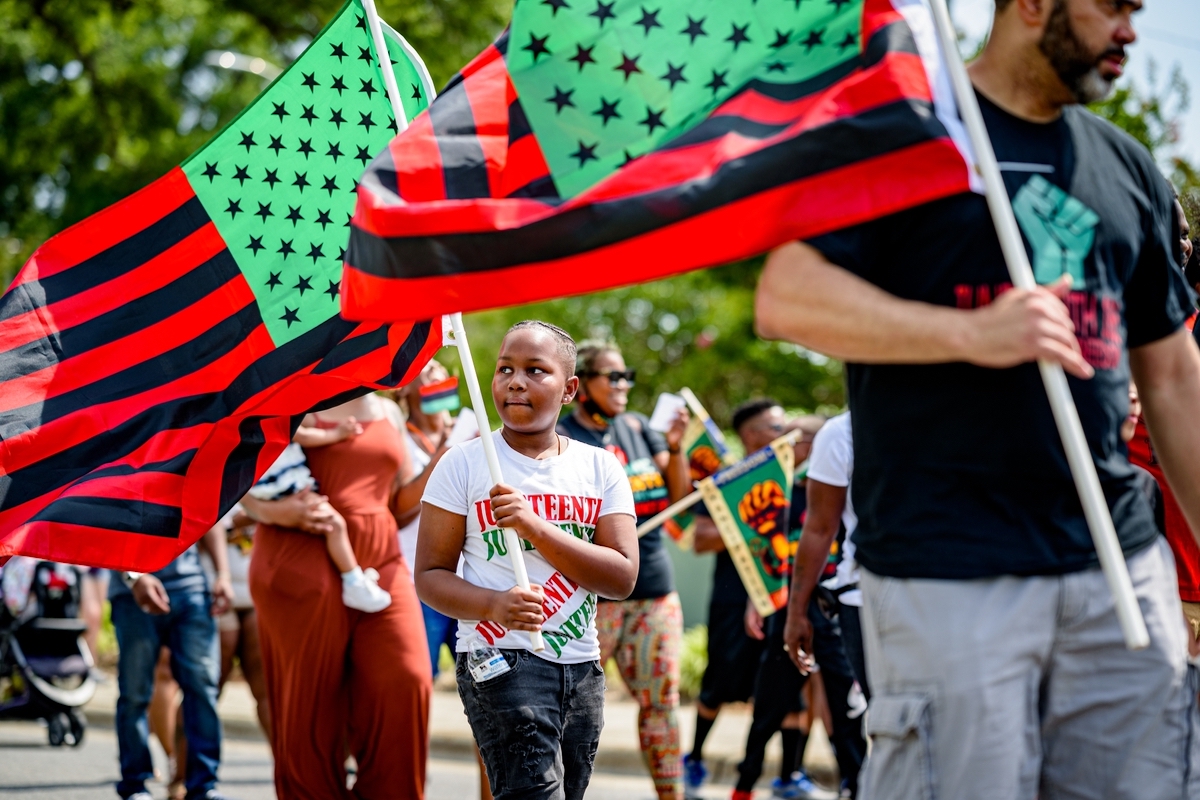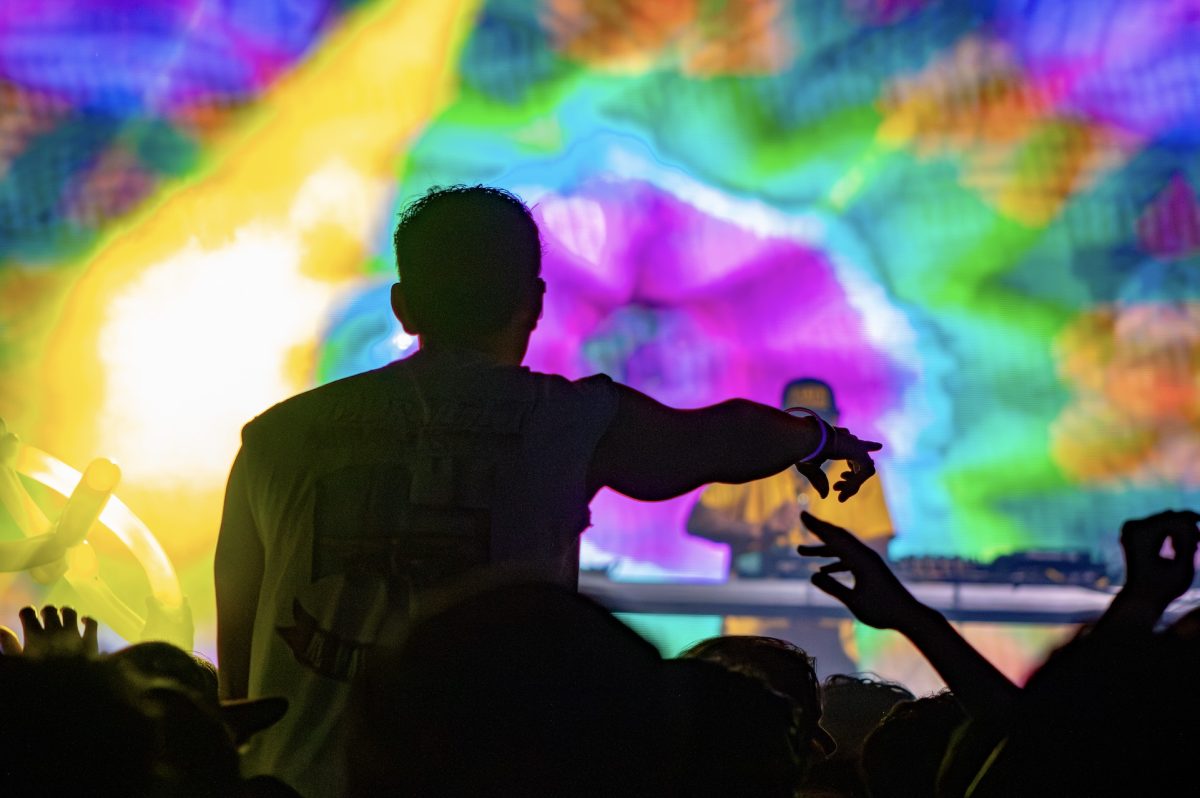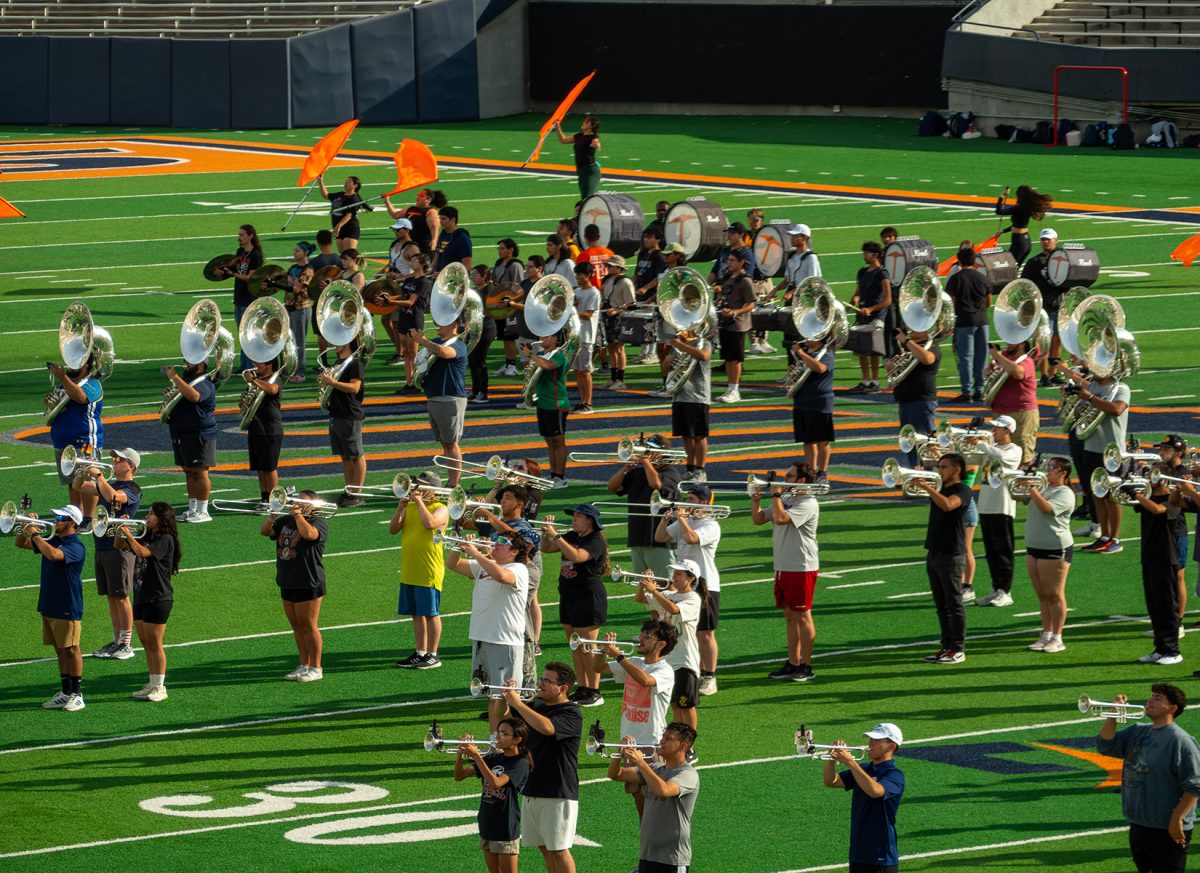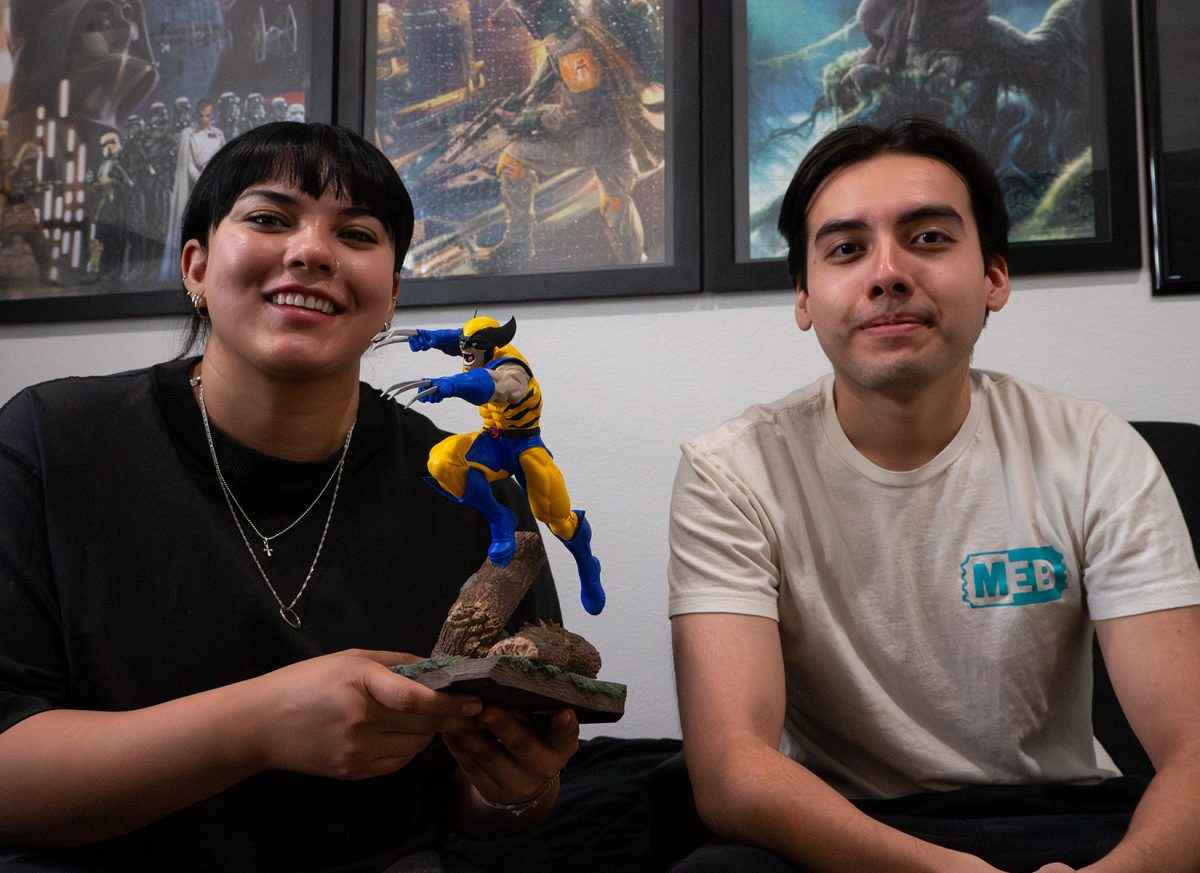The end of slavery was momentous for many after the Civil War ended. Still, emancipation did not reach many slaves until Major General Gordon Granger made his way to Texas to enforce the last order of emancipation.
This year marks the 159th anniversary of Juneteenth, and communities across the United States commemorate the end of slavery in a country that, to this day, struggles with racial issues.
According to the National Museum of African American History and Culture, the holiday is known as “America’s Second Independence Day,” a magnanimous title considering the most abhorrent and unsettling conditions African American slaves had to deal with until 1865.
Juneteenth celebrations and the acknowledgment of the history of this significant date are small parts of the healing that takes place today. Festivities typically include parades, picnics, and gatherings to honor and teach African American culture and history, while also reflecting on the continued struggle for racial equality and justice.
A bittersweet moment, celebrating 159 years of freedom, yet understanding that the national community has a long way to go. It is, in fact, a solemn celebration.
As time barrels forward, the nation and its citizens must recognize the faults that led to this debacle of human rights known as slavery and reflect on what it meant to be treated as less than human. Then, the community can be better equipped not only not to repeat the same mistakes, but also strive to make a more equitable and prosperous community for all.
Jorge Guajardo is the sports editor and can be reached at [email protected].







